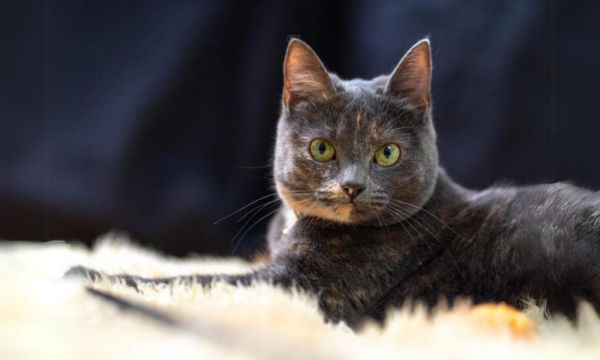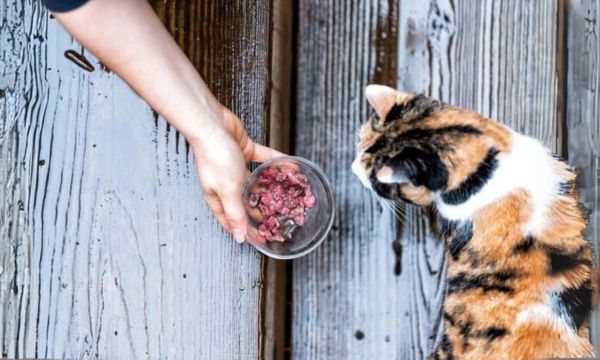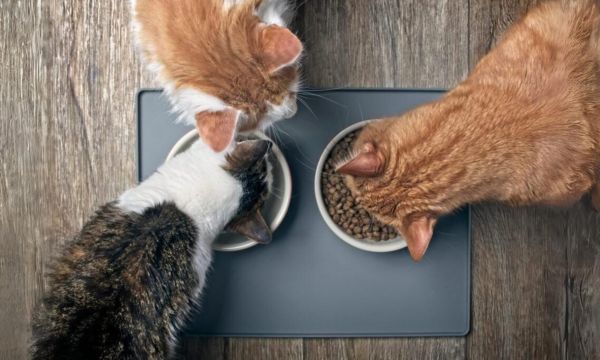When it comes to the overall health of your beloved feline companion, dental health plays a vital role and should not be overlooked.
Just like humans, cats can suffer from dental problems that can lead to discomfort, pain and even more serious health problems.
As a responsible pet owner, it’s critical to understand the importance of your cat dental health and how the right diet can keep your cat’s teeth sparkling white.
Understand the Importance of Cat Dental Health
A cat’s dental health is more than just a great smile; it is a fundamental aspect of their overall health and quality of life. Dental problems in cats include plaque buildup, tartar, gum disease and cavities.
Ignoring these issues can lead to more serious problems, such as infections, difficulty eating, and even organ damage due to the spread of bacteria through the bloodstream.
Regular dental care for your cat can prevent such problems. This includes not only professional dental cleanings by a veterinarian, but also daily oral hygiene practices at home.
Brushing your cat’s teeth, providing dental care and using water additives can all help keep your cat’s oral health healthy.
The Role of Diet on Cat Dental Health
Believe it or not, a cat’s diet plays an important role in dental health. Just like in humans, certain foods can promote dental health or exacerbate dental problems.
When choosing food for your feline friend, choose a high-quality cat food specifically designed to promote dental health.
Some cat foods are formulated to help reduce plaque and tartar buildup. They are crisply designed and help mechanically clean the cat’s teeth as they chew.
In addition, some brands contain special ingredients that help prevent the growth of oral bacteria.
Tips for Optimal Cat Dental Health
- Choose foods that are healthy for your teeth: Look for cat foods that promote dental health. These foods are designed to help cats clean their teeth while eating.
- Regular dental checkups: Schedule regular dental checkups with your veterinarian. They can identify any problems early and give advice on keeping your cat’s teeth healthy.
- Oral hygiene habits: Let your cat get used to brushing its teeth. Brush your teeth regularly with a cat-friendly toothbrush and toothpaste.
- Monitor chewing habits: Encourage your cat to chew on dental treats or toys designed to promote dental health. Chewing can help remove plaque and keep your teeth clean.
- Stay hydrated: Make sure your cat always has access to fresh water. Proper hydration is essential for maintaining oral health.
Prevent Dental Problems
While regular brushing and a balanced diet are important parts of keeping your cat’s teeth healthy, there are other steps you can take to prevent dental problems and ensure the comfort of your furry friend.
- Interactive Play: Engage your cat in interactive play with toys that encourage chewing and biting. Not only do these activities provide mental stimulation, they can also help reduce plaque buildup.
- Monitor Behavior: Monitor your cat’s behavior closely for signs of dental discomfort. If you notice them clawing at their mouths, drooling profusely or displaying an unwillingness to eat, this could indicate a dental problem that needs immediate attention.
- Professional dental cleaning: Just like humans, cats also need professional dental cleaning. Your vet can perform a thorough cleaning to remove tartar and plaque that brushing alone may not remove.
- Avoid Human Products: It is important to note that human toothpaste and products should never be used on cats. These products may contain ingredients that can be harmful to pets if swallowed. Always use cat-specific toothpaste and dental products.
- Get Dental Care Early: If you have a kitten, early dental care can help him get used to routine care. This will make it easier for them to keep their teeth healthy as they age.
- Visit the vet regularly: Regular veterinary checkups are critical not only to dental health, but also to your cat’s overall health. Your vet can identify potential problems and advise on the best way to care for your cat’s teeth.
- Consider genetics: Certain cat breeds are more prone to dental problems than others. If your breed is known for dental problems, you may need to be extra vigilant in your dental care routine.
- Avoid Table Scraps: While it can be tempting to share food with cats, many human foods can be bad for dental health. Don’t give them table scraps, as they can lead to plaque and tartar buildup.
Conclusion
Taking care of your cat dental health isn’t just a matter of aesthetics, it’s an important aspect of his overall health.
By implementing a holistic approach that includes a healthy diet for the teeth, regular oral hygiene habits and preventative measures, you can ensure that your feline friend maintains strong and healthy teeth throughout his life.
Don’t forget that a proactive approach to dental care can lead to a happier, healthier and more comfortable life for your beloved feline. So always take care of your cat dental health
FAQs
1. Why is dental health important for cats?
Dental health is very important for cats as it affects their overall health. If dental problems are left untreated, they can lead to pain, eating problems and even general health problems.
2. How do I know if my cat has dental problems?
Watch for signs of mouth scratching, bad breath, drooling, reluctance to eat, or changes in behavior. If you notice any of these symptoms, see your vet.
3. Can I use human toothpaste on my cat?
No, cats will harm cats if they accidentally eat human toothpaste. Always use a toothpaste formulated specifically for cats.
4. What should I feed my cat to improve dental health?
Look for cat food that promotes dental health. These foods are designed to mechanically clean your teeth and may contain special ingredients that reduce plaque.
5. How often should I brush my cat’s teeth?
The goal is to brush your teeth every day, but even brushing a few times a week can have an effect. If your cat is not used to it, start slowly and be patient.


